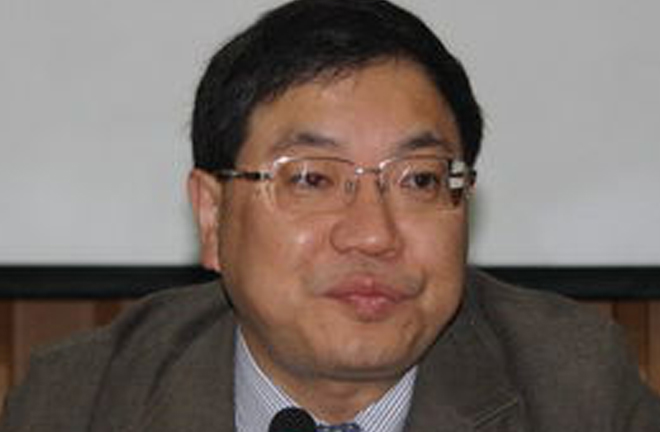SHEN DINGLI: China-South Africa ties a model for transcontinental cooperation
 Chinese President Xi Jinping’s visit to South Africa from Dec. 2 to 3 is a sign that both countries consider the bilateral relationship to be a strategic foreign policy priority. The rapid development of this partnership will be a stepping-stone toward further cooperation with the entire continent.
Chinese President Xi Jinping’s visit to South Africa from Dec. 2 to 3 is a sign that both countries consider the bilateral relationship to be a strategic foreign policy priority. The rapid development of this partnership will be a stepping-stone toward further cooperation with the entire continent.
The growing mutual political trust between the two emerging powers can be seen in the development of the comprehensive strategic partnership. China-South Africa economic, trade and people-to-people exchanges as well as trade and investment ties are being constantly intensified. China and South Africa are major economies in Asia and Africa, respectively. China is the biggest trade partner of South Africa, and South Africa is the top destination for Chinese investment on the continent. Cooperation between the two has strengthened the capacity of South African economic development, bringing tangible benefits to people in both countries.
The development of China-South Africa relations has contributed to the improvement of the international order. At the regional and global level, China and South Africa have the same or similar concepts of world development and international security. They actively coordinate with each other in major international affairs and have achieved consensus on many issues.
Multilateral institutions, such as the G-20 and BRICS, offer stages for China-South Africa coordination and cooperation. The two countries are playing an increasingly prominent role in safeguarding the global balance of power, improving the international order and pushing forward human progress.
China-South Africa relations are representative of China-Africa ties and serve as a model for cooperation with the continent. China has established the community of common destiny with Africa through more than half a century of faithful cooperation. The Johannesburg Summit of the Forum on China-Africa Cooperation (FOCAC), held in Johannesburg, South Africa, on Dec. 4-5, explored a new platform formutual cooperation under the new situation and brought China-Africa cooperation to a new level.
Currently, African modernization is entering a new phase, while China is in a key period of structural adjustment. African industrial and agricultural development is progressing along the path of independence and sustainability, requiring international cooperation. China will release new energy and potential through deepened economic reform, creating a pattern of complementary advantages with Africa. The “Belt and Road” initiative put forward by China will not only build a bridge between Asia and Eurasia but also link Asia with Africa and Africa with Europe.
China and South Africa will actively implement the China-South Africa Five-to-Ten Year Framework on Cooperation in the future. At the same time, China and African countries will grasp the opportunities brought by the FOCAC Johannesburg Summit to comprehensively plan collaboration in the next three years and improve cooperation in important fields, such as economy and trade, science and technology, finance, investment, infrastructure, capacity, energy, and the humanities. This will not only inject new energy into China and Africa but also benefit the world.
While attending the UN summit in September, Xi stressed deepening South-South cooperation and pledged to provide Chinese resources for cooperation among developing countries. China will further implement South-South cooperation in Africa through the FOCAC Johannesburg Summit. China will provide Africa with development capability while Africa will provide arenas for China’s development. China and Africa are committed to enhancing North-South dialogue through South-South cooperation not only to achieve mutual benefit but also to strengthen international governance.
Shen Dingli is a professor from the Institute of International Studies at Fudan University.
